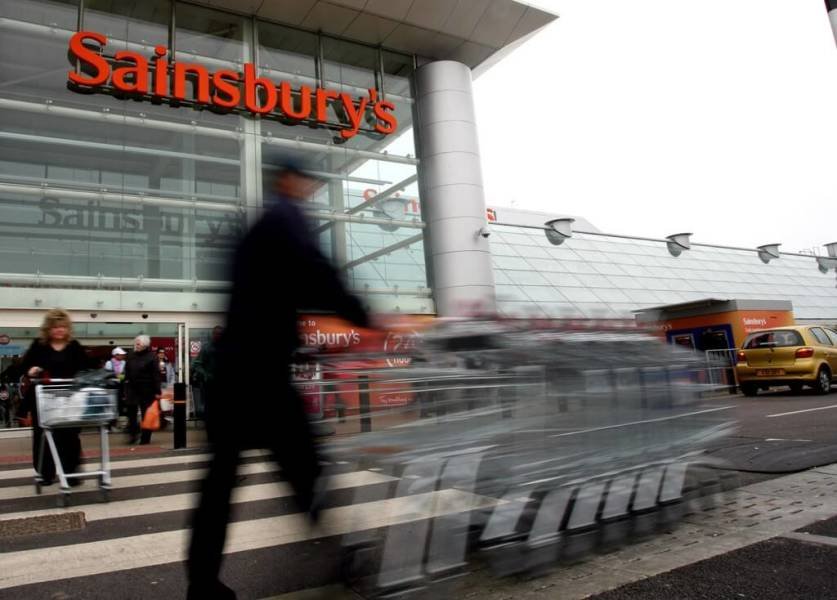
Pro-Palestinian, pro-Hamas protestors recently gathered outside a London store of Sainsbury’s, a British supermarket chain, apparently demanding the removal of any Israeli products. The store manager decided that the best way to avoid a conflict and to protect company property was to clear all products from the kosher food section. (The irony is that most kosher foods are not even produced in Israel). I discussed this case with my Master’s level business ethics class, and many—but not all—students (most of them managers themselves) argued that the manager did the right thing: he avoided confrontation and protected his staff and company property. In other words, the students perceived the manager’s actions as being in his and the company’s self-interest—as undoubtedly did the manager himself. But were they?
To the students’ credit, we discussed the case in the first class, so they did not have any tools from the course yet to assess the case. When we’ll re-visit the case later in the semester, the students will have an opportunity to evaluate the store manager’s decision with the help of moral principles and come to a different conclusion: appeasing your attackers is not in your self-interest—it will not work. Let’s see why.
By appeasing the protestors, the first moral principles the Sainsbury’s manager conceded was the right to liberty. By caving in to the demands of protestors who were threatening violence, the manager was throwing out the right to liberty and welcoming anyone to make to make similar demands as the pro-Palestinian protestors. The store shelves would be pretty bare if every item that someone claimed offensive would be removed. Yet, it is the principle of liberty, and more specifically, the principle of free trade, that Sainsbury’s existence and success as a merchant depend on. Once you concede that on the basis of short-term expediency, you undermine your own long-term success.
The second moral principle that the Sainsbury’s manager threw out (probably unknowingly) was justice. Justice requires that we assess others objectively and grant them what they deserve—which is necessary if we want to achieve our values. Failing to evaluate people with whom we come in contact can seriously jeopardize our achievement of values, such as hiring an incompetent employee, contracting an unreliable supplier, or adopting a dishonest business partner. Justice requires that we choose to deal with only moral people and shun the immoral—if we are to achieve our values.
Anyone who threatens to initiate force and destroy your property—such as the protestors bent on vandalizing the Sainsbury’s store and any Israeli products in particular—is immoral and deserves to be condemned, not appeased. Appeasement is an open invitation to anyone else to attack you also. It’s like an advertisement saying: “We don’t uphold principles here and we don’t judge you—anyone who wants to draw attention to their cause by vandalizing our stores is welcome here. We’ll appease everyone.”
The incident drew wide media attention (such as this article in the Guardian) and claims of anti-Semitism from Jewish groups. A statement issued by Sainsbury’s headquarters defended the store manager’s actions as a well-intended effort to protect staff and property, not reflecting a political stand or any company policy of removing kosher foods. I venture to guess that Sainsbury’s does not have a policy for dealing with demands of protestors, and the store manager was left to his own devices. But the company should have a policy, based on clear principles, to guide its managers and employees in a threatening situation like the one this store experienced.
What should the company policy be, and what should have the manager done? The policy should be: no appeasement of those threatening to initiate physical force and demanding the compromise of the rights to liberty and property. Had the store manager had the guidance of such a policy, he would have acted differently. Unless staff’s and customers’ lives had been in immediate danger, such as protestors invading the store with pointed guns, demands of attackers should have been denied, in the name of the principles of liberty and property. The store manager in this situation should have called the police instead and locked the store until they arrived if necessary.
It takes courage to not appease those who attack us—but it is necessary if long-term survival and flourishing, such as long-term profitability, is our goal.




